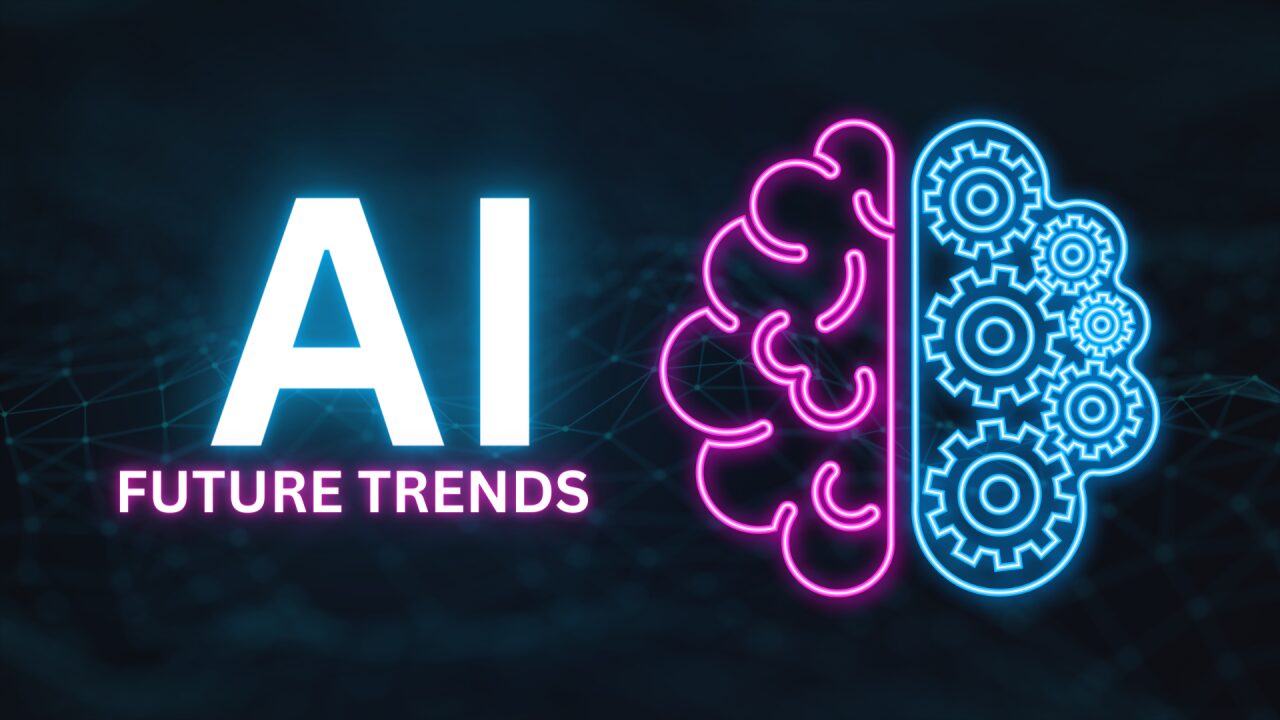For years, big companies dominated the market with large budgets, global reach, and advanced systems. Small businesses and nonprofits, with limited resources, often struggled to keep up. But that’s changing. Artificial intelligence is now affordable and easy to use, giving smaller organizations the tools to automate tasks, gain insights, and improve services. AI has become essential for growth and staying competitive. This article looks at how AI is helping small businesses succeed in today’s digital world.
How AI Gives Small Businesses an Edge
AI helps small businesses in many important ways. It saves time, reduces costs, improves decision-making, and enhances customer relationships.
One key benefit is automation. AI can handle repetitive and time-consuming tasks like customer support, managing inventory, sending invoices, creating content, and scheduling social media posts. With these tasks automated, business owners and employees can focus on creative work, customer service, and growth strategies. For instance, AI chatbots can answer customer questions 24/7, saving businesses the cost of hiring extra staff.
AI also helps make sense of data. While all businesses have access to data, AI can turn that data into useful insights. It can spot patterns, predict future trends, and help businesses adjust their strategies quickly. This kind of smart decision-making used to be available only to large corporations.
When it comes to marketing, AI can personalize customer experiences. It studies customer behavior, shopping habits, and engagement to recommend products, customize emails, and deliver relevant content. This personal touch leads to happier customers, better engagement, and higher sales, all without needing a large marketing team. For example, AI marketing tools can generate email campaigns, write ad copy, and analyze campaign performance with minimal input.
Real-Life Uses of AI in Small Businesses
AI is not just a concept. It is already being used by many small businesses every day.
Chatbots and virtual assistants can now handle common customer questions, book appointments, and complete simple transactions. Platforms like Tidio, Drift, and Intercom are popular choices for businesses that want to offer better service without hiring more people.
AI-powered CRM systems, such as Salesforce Einstein and HubSpot, help small businesses manage customer relationships. These tools can automatically record conversations, identify sales opportunities, and send personalized messages. This improves sales performance and helps turn leads into loyal customers.
AI also plays a big role in inventory management. It looks at past sales and market trends to predict demand and help businesses order the right amount of stock. This reduces waste, saves money, and ensures customers can always find what they want.
AI tools like BrightLocal and SEMrush help with local search engine optimization. They improve website content, manage online reviews, and boost search visibility. Advertising platforms like Google Ads and Facebook Ads use AI to target the right audience and adjust bids in real time. These features help small businesses get better results from their limited advertising budgets.
Closing the Gap Between Small and Large Businesses
AI is helping small businesses close the gap with larger companies by improving efficiency and productivity.
It allows small teams to do more with less. By automating tasks, teams can focus on important goals like customer relationships and innovation.
In the past, small businesses needed specialists to handle marketing, IT, or data analysis. Now, AI tools can take care of many of these tasks or provide simple interfaces that anyone can learn to use. For example, AI-powered marketing tools can write emails, create ads, and measure campaign success with very little manual input.
Cloud-based services are also making AI more accessible. Platforms like Zoho, QuickBooks, and Canva now include AI features to help with accounting, design, and project management. These tools give small businesses access to capabilities that were once only available to big companies. For businesses with more advanced needs, working with AI consultants can help create a customized plan and setup.
Success Stories
Small businesses around the world are already seeing the benefits of AI.
An online fashion store added AI-powered recommendations to its website. Each visitor saw personalized product suggestions. This led to a 40 percent increase in average order value and a 25 percent boost in repeat purchases.
A local restaurant chain used chatbots to handle online reservations. This reduced booking errors and improved customer satisfaction. It also allowed staff to focus more on providing better service in the restaurant.
A two-person marketing agency used AI to schedule social media posts, write content, optimize SEO, and track campaign results. By automating these tasks, they were able to take on more clients and grow their revenue by 60 percent in one year.
Overcoming the Challenges of AI Adoption
Even with its benefits, some challenges come with adopting AI.
Some advanced AI tools come with higher upfront costs or monthly fees. Business owners should carefully compare these costs with the long-term value they offer.
Using AI also requires a certain level of technical understanding. Business owners and staff may need training and support to use the tools effectively. Many software providers offer help in the form of guides, customer support, and onboarding programs.
With so many AI tools on the market, it can be hard to choose the right one. Start by identifying your business’s most important challenges and goals. Then, look for tools with good reviews and strong support teams.
The Future of AI in Small Business

AI technology is improving quickly, opening new opportunities for small businesses.
Voice search, AI-generated content, and real-time feedback analysis are becoming common. Businesses that adopt these tools early will have a strong advantage. These developments are part of a broader wave of technological transformation that includes many weird and wonderful facts and surprising applications emerging across industries.
As AI becomes easier to use and more affordable, the gap between small and large businesses will continue to shrink. This creates a more competitive and diverse marketplace.
AI is not meant to replace people. Its purpose is to enhance human skills. Businesses that combine AI tools with creativity, empathy, and smart planning will be the most successful.
Conclusion
Artificial intelligence is no longer just for big corporations. It is now a powerful tool for small businesses that want to grow and compete in the digital world.
By automating tasks, improving decision-making, and personalizing customer experiences, AI gives small businesses the strength and flexibility they need to succeed. Rather than waiting, small business owners should view AI as a current opportunity. With the right approach, AI can turn even the smallest company into a leader in its field.
In today’s fast-paced business world, AI helps small businesses move quickly, make smarter choices, and adapt with confidence. It is the tool that brings everything together.




































